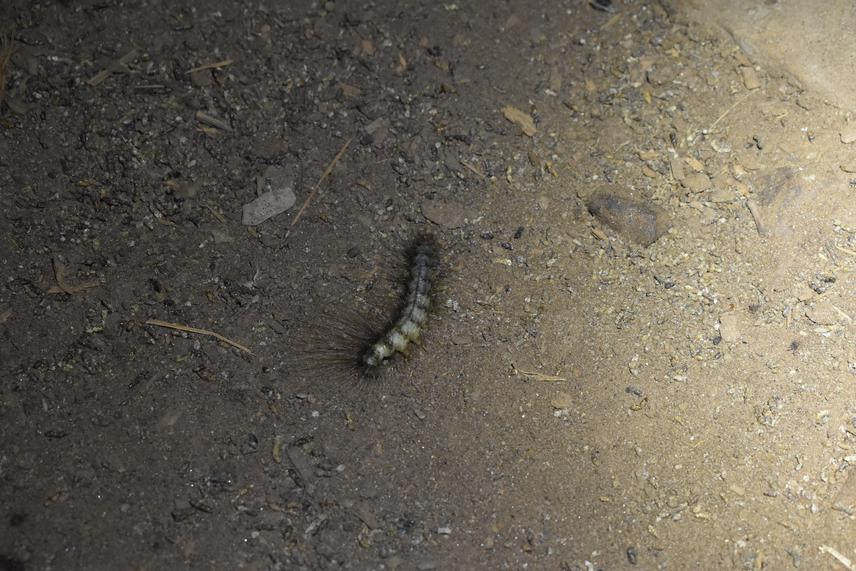Richard Mazebedi
This work builds up on a previous preliminary survey of Gcwihaba cave macroinvertebrates by Mazebedi and Hesselberg (2020) which was the first quantitative survey of cave macroinvertebrates in Botswana. The knowledge of cave biodiversity is limited in Botswana which will impact negatively on the effectiveness of cave management approaches and species conservation. Effective conservation of cave species requires knowledge of spatio-temporal distributions and habitat requirements of cave species, but this information is currently lacking for Botswana's caves. An in-depth knowledge of biodiversity in the caves as well as its community dynamics is however crucial to inform conservation priorities. An understanding of cave ecosystem functioning, such as energy links with the surrounding surface environment, is also crucial for predicting the effects of land use practices in the surrounding environment and for predicting impacts of climate change on cave ecosystem functioning.

The project aims to generate in-depth knowledge on the ecology of cave dwelling invertebrates of Botswana and sensitize their conservation. This will involve a comprehensive survey of cave invertebrates, including their seasonal population dynamics and their spatial distribution at micro (biotope) scale within the cave environment. The project will also characterize foodweb of Gcwihaba caves using stable isotopes to improve knowledge on cave species-interdependencies and links with the surface environment. Ultimately, the project will contribute to cave species inventory and improved management of cave ecosystems to promote species conservation.